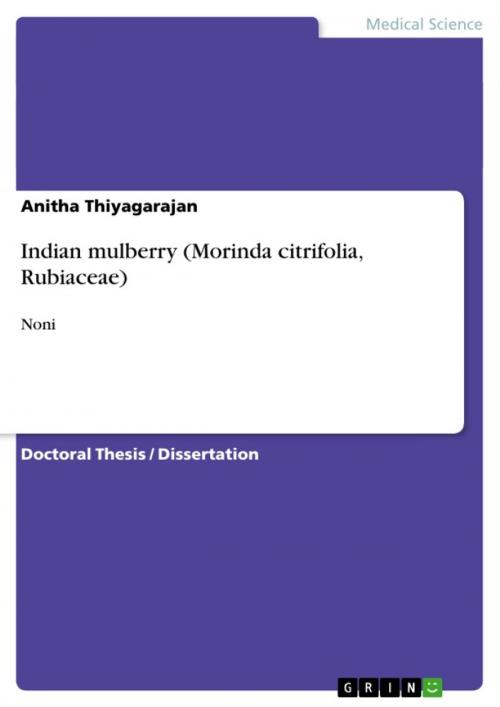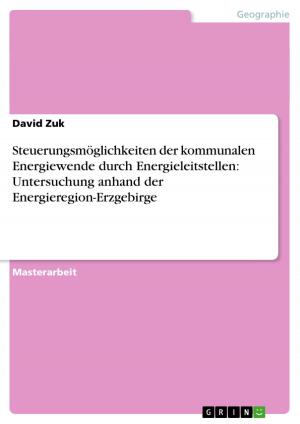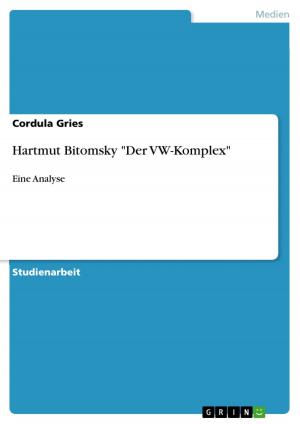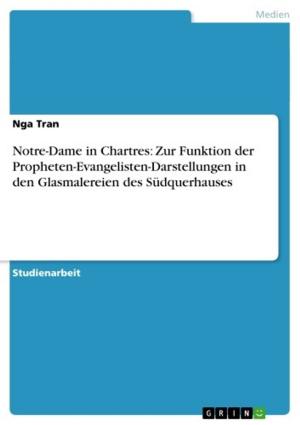Indian mulberry (Morinda citrifolia, Rubiaceae)
Noni
Nonfiction, Health & Well Being, Medical, Medical Science, Pharmacology| Author: | Anitha Thiyagarajan | ISBN: | 9783656310327 |
| Publisher: | GRIN Verlag | Publication: | November 14, 2012 |
| Imprint: | GRIN Verlag | Language: | English |
| Author: | Anitha Thiyagarajan |
| ISBN: | 9783656310327 |
| Publisher: | GRIN Verlag |
| Publication: | November 14, 2012 |
| Imprint: | GRIN Verlag |
| Language: | English |
Doctoral Thesis / Dissertation from the year 2009 in the subject Medicine - Pharmacology, Dr.N.G.P college of arts and science, course: Biochemistry, language: English, abstract: Many of the pharmaceuticals currently available to physicians have a long history of use as herbal remedies, including opium, aspirin, digitalis, and quinine. The World Health Organization (WHO) estimates that 80 percent of the world's population presently uses herbal medicine for some aspect of primary health care (Rossi et al., 2008). Herbal medicine is a major component in all traditional medicine systems and a common element in Ayurvedic, homeopathic, naturopathic, traditional Chinese medicine, and Native American medicine. According to WHO, 74% of 119 modern plant-derived pharmaceutical medicines are used in ways that are similar to their traditional uses.
Doctoral Thesis / Dissertation from the year 2009 in the subject Medicine - Pharmacology, Dr.N.G.P college of arts and science, course: Biochemistry, language: English, abstract: Many of the pharmaceuticals currently available to physicians have a long history of use as herbal remedies, including opium, aspirin, digitalis, and quinine. The World Health Organization (WHO) estimates that 80 percent of the world's population presently uses herbal medicine for some aspect of primary health care (Rossi et al., 2008). Herbal medicine is a major component in all traditional medicine systems and a common element in Ayurvedic, homeopathic, naturopathic, traditional Chinese medicine, and Native American medicine. According to WHO, 74% of 119 modern plant-derived pharmaceutical medicines are used in ways that are similar to their traditional uses.















